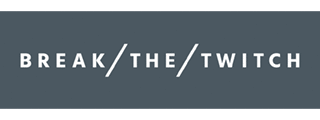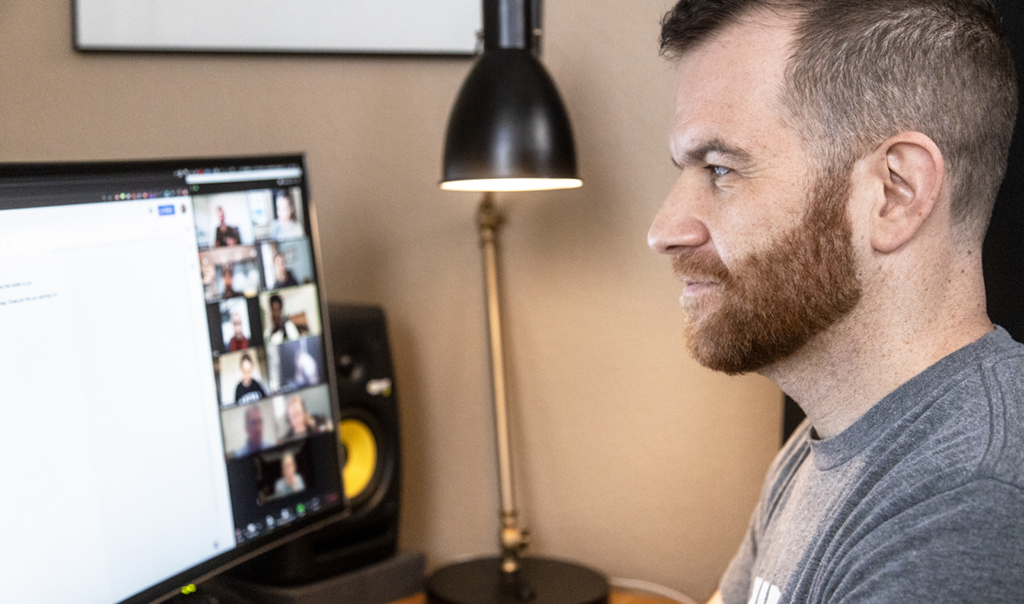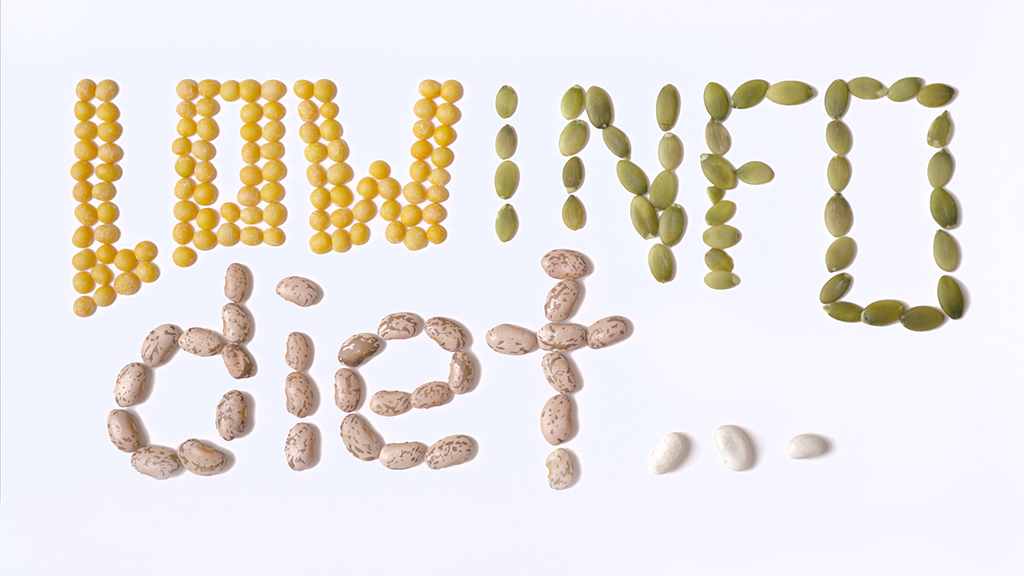Note: This is a copy of a recent newsletter that ended up being longer than usual so I placed it here for ease of reading.
Earlier in June I made this video sharing some thoughts on taking action with imperfect allyship, listening, and staying accountable to creating systemic change beyond this moment. We chose to not monetize the video, and to make personal donations directly to support the recovery of our former neighborhoods back in Minneapolis, Minnesota.
Black Lives Matter, and we have a lot of work to do from here.
In the video—which I hope you’ll take a moment to watch—I talk about going beyond the current news cycle and embracing anti-racist action and systemic change as a long-term habit. In general, most habits that are good for us tend to be challenging and take a good amount of repetition to stick. Eventually, what felt uncomfortable becomes a practice, then a habit, and over time that practice becomes an identity: something we do because it is who we are.
That’s when things really gain momentum and real change starts to take shape.
So how do we get there? Speaking broadly, what does it actually take to create lasting change in our lives and in the world at large?
Again, broadly speaking, there are two ways: small, slow, and consistent, OR big, fast, and burn.
We see examples of big and fast just about everywhere—magazine covers, sales copy in online ads, instagram influencers hustling detox teas that guarantee big results quickly. “Lose 14 pounds in 14 days”—you know what I’m talking about. They sell magazines depicting what looks like success and happiness, and claim that you could get there too if you only had this or did this thing.
But there’s no burn—most often, just an impulse purchase.
On the other hand, small, slow, and consistent is substantially less sexy. It’s hard to sell, isn’t it? Imagine bringing your purchases to the check-out aisle at a grocery store and seeing a magazine cover that says, “Gain 14 pounds of muscle in one year by using this lifting program for one hour, four days a week!”
How many people would buy that magazine? Not many.
It’s been shown time and time again that consistent incremental improvement is what creates the biggest changes over time. So why is it so challenging? Because, I mean, we’re human. We go too big, too fast and end up burning out. Even if we start small enough for it to be manageable, it’s often quite a while before we see any visible progress. Without that feedback, we’re left to simply trust the process—and that, too, is hard—especially in a culture that prioritizes serving up fast, cheap, and convenient. Hello, Twitch, am I right?
When we take action to create change from the norm, there is an invisible and opposing force that we fight against. Some might call it the status quo, or for those in positions of privilege, it might be called simply “what’s comfortable.”
In Break the Twitch language, this is Newton’s 3rd Law of Habits—every action has an equal and opposite reaction that we must overcome to stay consistent. When we do something small consistently, we get a little stronger each time, and over time, we can take on more and more.
Which is why the only other way to create lasting change is big, fast, and burn. As in, burn the bridge behind you.
My wife Amy and I loved our home and love our people in Minnesota—and that made it incredibly hard to willingly leave. But we needed a change from the midwest where I’ve lived my entire life, so we put our house on the market and sold it. I’m not sure what legal process would need to occur in order to un-sell a house once the sale closed, but I can’t imagine it would be easy or worthwhile. We weren’t sure exactly what would happen one year ago when we did that, but one thing was sure: we needed a change and we got it, and couldn’t easily go back without figuring out a new place to live.
Another example of burning the bridge is pushing the bare clippers over a big chunk of hair so you have no choice but to shave it all off for the first time and embrace your thinning hair. At least, burning the bridge and committing to trying it.
While these are personal examples, there are important societal examples too: when people need something to change and despite consistent efforts can’t seem to make it happen because perhaps, peaceful protest goes unheard or is misconstrued, some bridges might literally get burned.
In many ways, it was the small, slow, and consistent actions of individuals and community organizations pushing for social justice that provided the support and framework for the change that is starting to happen—work that must continue. It will be those consistent actions that carry the progress from the big and fast action that was made this month. More people than ever are becoming aware of the injustices that many people of color have known their entire lives, and conversations are happening now that are long overdue.
And if there’s anything I’ve learned about keeping that change going, it is the consistent, small personal efforts that will do it.
While I understand this may incite different feelings and reactions with Break the Twitch’s global audience, I hope you agree it’s important that we all pay attention and continue the discussion, continue listening, and continue pursuing a more just world together. I also hope that you can take from this what may help you in your own journey toward the change you want to see.
Where our attention goes, our actions flow—and imperfect action beats perfect inaction any day of the week. So let’s keep at it.




